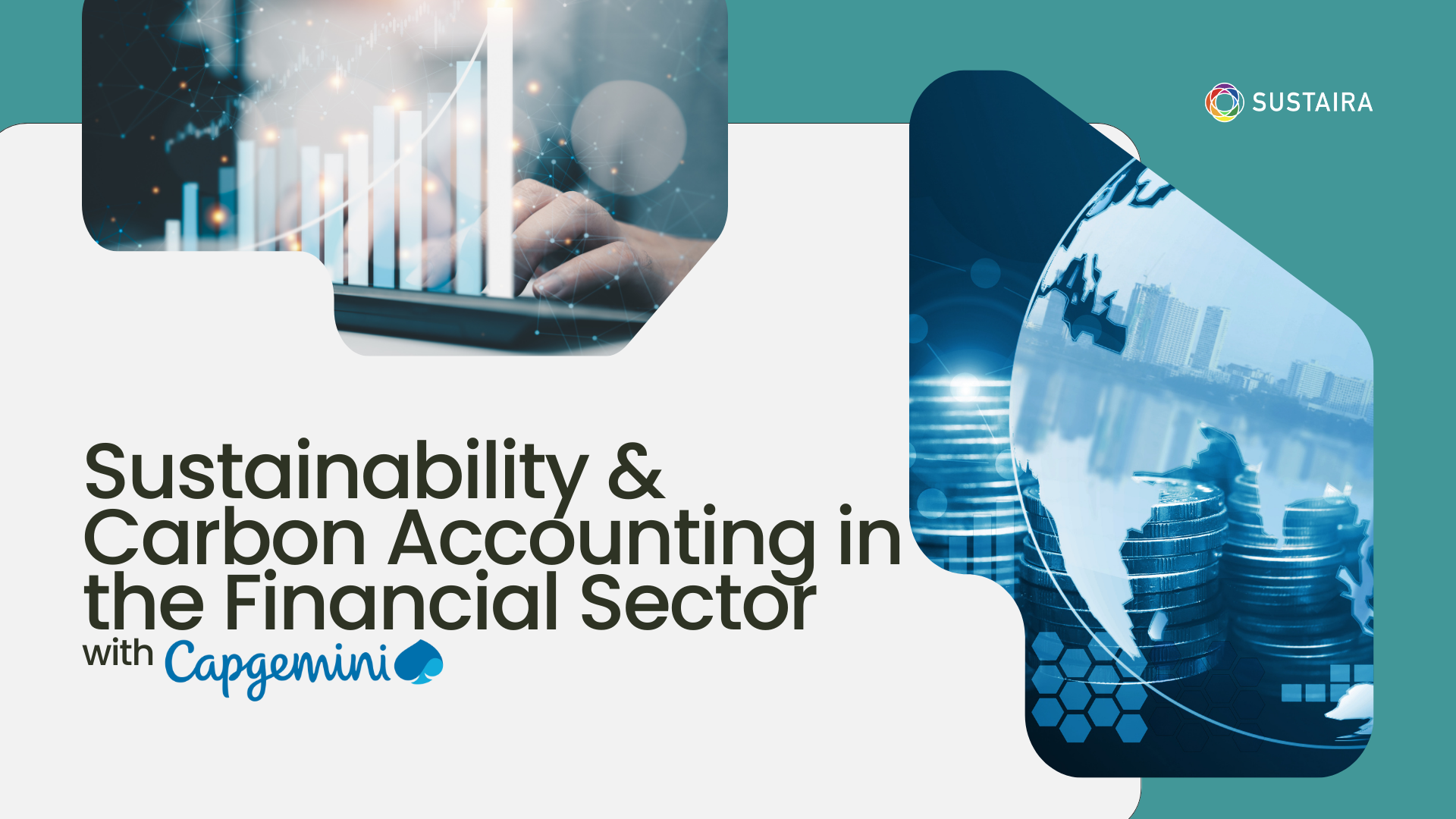Denmark’s Green Bond Move Signals a New Era for ESG in Finance
Denmark’s recent issuance of sovereign green bonds under the EU Green Bond Standard (EUGBS) marks a significant turning point in sustainable finance. Beyond a policy milestone, it establishes a new benchmark for transparency, accountability, and alignment with the EU taxonomy. For enterprise sustainability leaders, this move is a clear signal: ESG expectations are evolving rapidly, and organizations will need to match the rigor demonstrated by sovereign issuers.
The EUGBS framework requires full taxonomy alignment, third-party verification, and robust sustainability reporting. This evolution is reshaping the landscape for corporate ESG, pushing companies to transition from reactive reporting toward proactive, strategy-driven sustainability practices. Systems that can manage complex ESG data, integrate multiple frameworks, and produce audit-ready insights are no longer optional, they are essential for credible, scalable ESG management.
Navigating ESG Complexity with Data and Technology
To meet these higher expectations, organizations must consolidate ESG data across teams and departments, track performance against multiple frameworks like CSRD, GRI, and PCAF, and generate actionable insights for internal and external stakeholders.
This is where Sustaira’s Modular AI-powered Sustianability Platform adds value. By centralizing carbon accounting, KPI tracking, and sustainability reporting in one platform, Sustaira enables enterprises to manage ESG performance efficiently. Leaders can visualize impact through customizable dashboards, produce audit-ready reports aligned with global standards, and engage stakeholders with clarity.
Sustaira goes beyond data aggregation: it connects metrics to business decisions, helping teams turn insights into measurable decarbonization outcomes and strategic ESG impact.
Insights from the Finance Sector Webinar
Sustaira recently partnered with Capgemini for a webinar on carbon accounting in the financial sector to explore the challenges and best practices specific to the industry. The session highlighted how firms, both large and small, are adapting to evolving sustainability requirements and industry-specific standards like PCAF.
Panelists shared real-world examples of how modular, flexible ESG solutions are enhancing transparency, compliance, and actionable insight. They also discussed emerging regulations, strategies for tracking financed emissions, and how technology can accelerate measurable progress toward net zero and broader sustainability goals.
Full insights from the webinar are available here: Navigating Sustainability in the Financial Sector
Why This Matters for Enterprises
Denmark’s adoption of the EUGBS is more than a national policy, it’s a wake-up call for enterprise sustainability leaders. The bar for credible, transparent ESG reporting is rising, and companies that fail to adapt risk falling behind in sustainability performance, investor trust, and competitive positioning.
Sustaira equips organizations to meet this challenge. By unifying ESG data, enabling real-time performance tracking, and supporting compliance with global standards, enterprises can transform regulatory complexity into strategic clarity. Sustainability reporting becomes more than a compliance exercise. It becomes a tool for measurable impact, better decision-making, and long-term resilience.
Denmark raised the bar. Sustaira helps organizations rise to meet it.
Sustainability & Carbon Accounting in the Financial Sector with Capgemini
This session delve into how firms both large and small across the financial world are transitioning to meet sustainability requirements, and adapting to industry specific standards such as PCAF.


